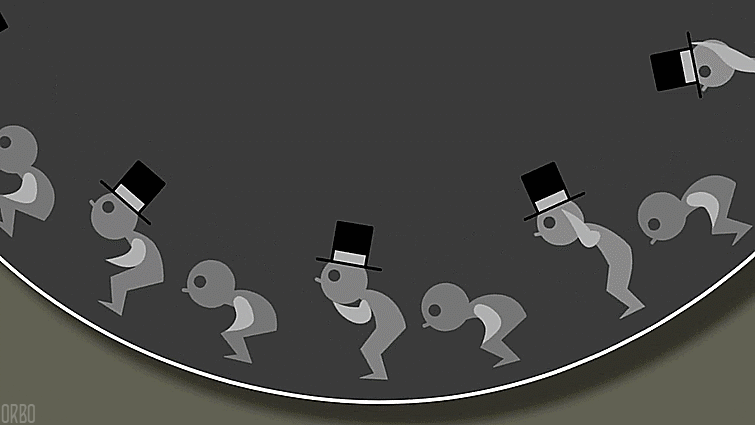deccatalkingpoints@decdesign.com
Know Your Leap Year
2016 is a leap year. Why is that significant? For centuries, astrologers believed children born on leap day had rare talents, unique personalities, and special powers. Today, it merely means many of you will work an extra day for free. Here are 7 other things you may not know about leap years.

ONE—The leap year’s extra day compensates for the fact our orbit around the sun actually takes 5 hours, 48 minutes, and 46 seconds longer than the 365 days we think. So we add one day to the calendar every four years, and everything’s right with the universe.

TWO—Did you know the tradition of women proposing to men on leap day dates back possibly as far as the 5th century? Neither did we. The big question about this tradition is whether it emerged from Ireland, Scotland, Denmark, or Finland.

THREE—One in five engaged couples in Greece avoid getting married in a leap year because they believe it’s bad luck.And in Italy, several proverbs warn against planning important life events in a leap year.

FOUR—In Russia, some believe a leap year brings freak weather patterns. Others think the risk of death is greater. And Russian farming folklore predicts beans and peas planted in a leap year “grow the wrong way.”

FIVE—People born on February 29 are called “leaplings” or “leapers.” Even though the chance of being born on a leap day is one in 1,461, there are five million leaplings alive today.

SIX—Anthony, Texas, is the self-proclaimed “Leap Year Capital of the World.” The town festival features guided cave exploration, fun at the local horse farm, and square dancing. Remember that if you happen to be passing through in late February.

SEVEN—Norway’s Karin Henriksen holds the world record for giving birth to the most children on consecutive leap days. Her children Heidi, Olav, and Lief-Martin were born on Leap Day 1960, 1964, and 1968 respectively.
Based on 16 leap year facts for 2016, from fines for unwilling grooms to farmers’ bad luck by Julie McCaffrey.
